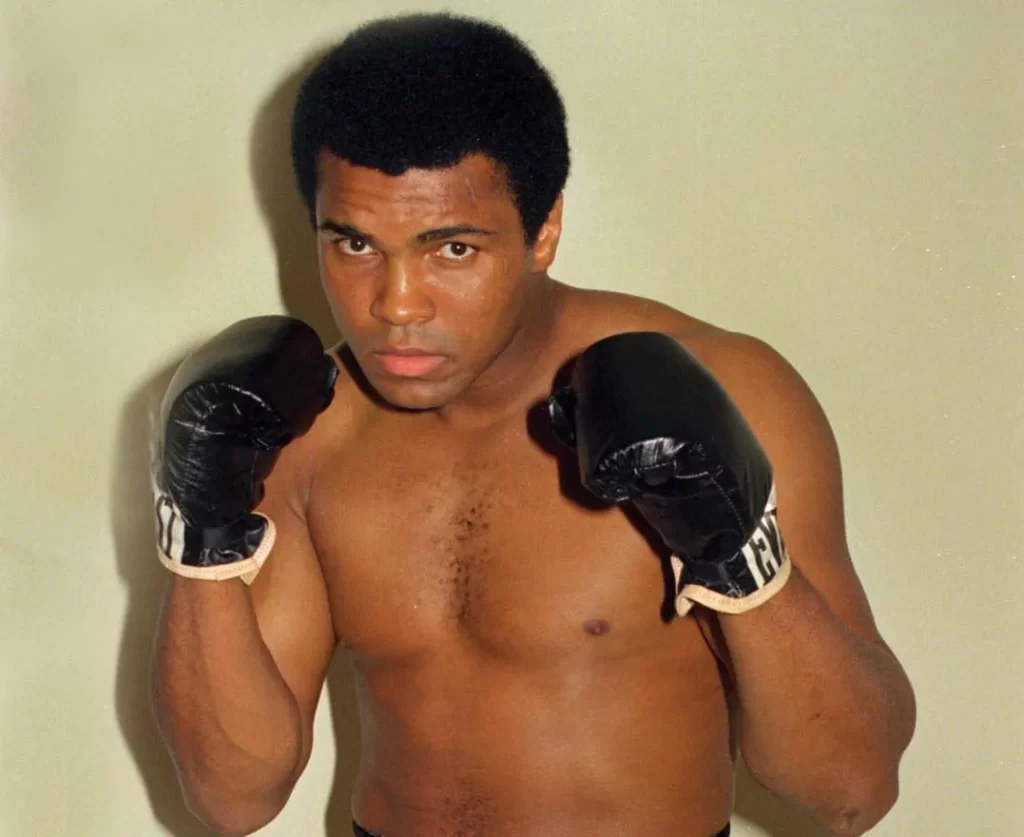BILKULONLINE
BIRTHDAY Special
Muhammad Ali, widely regarded as the greatest boxer of all time, was more than just a sportsman—he was an icon of resilience, social justice, and unparalleled charisma. Born Cassius Marcellus Clay Jr. on January 17, 1942, in Louisville, Kentucky, Ali’s impact on boxing and society transcended generations. His journey from a young Olympic champion to a global humanitarian remains one of the most inspiring stories in sports history.
Early Life and Rise to Fame
Ali discovered boxing at the age of 12 when his bicycle was stolen, and he vowed to “whup” the thief. Under the guidance of trainer Joe Martin, he honed his skills and quickly emerged as a boxing prodigy. At just 18 years old, he won a gold medal in the light heavyweight division at the 1960 Rome Olympics, marking the beginning of his meteoric rise.
Turning professional the same year, Ali’s unorthodox fighting style—a mix of speed, agility, and psychological warfare—set him apart. His signature phrase, “Float like a butterfly, sting like a bee,” perfectly described his in-ring prowess.
World Heavyweight Champion and Legendary Fights
Ali’s first major triumph came in 1964 when he stunned the world by defeating Sonny Liston to become the world heavyweight champion at just 22. Soon after, he converted to Islam and changed his name from Cassius Clay to Muhammad Ali, signifying a new chapter in his life.
His career saw some of the most memorable bouts in boxing history:
“The Fight of the Century” (1971) vs. Joe Frazier – Ali suffered his first professional loss in a grueling 15-round battle.
“The Rumble in the Jungle” (1974) vs. George Foreman – Ali used the famous “rope-a-dope” strategy to defeat the seemingly invincible Foreman and reclaim the heavyweight title.
“The Thrilla in Manila” (1975) vs. Joe Frazier – In one of boxing’s most brutal fights, Ali won after 14 rounds, describing it as the closest thing to death he had ever experienced.
Activism and Legacy Beyond Boxing
Ali was not just a fighter in the ring—he was a warrior for social justice. In 1967, he refused to be drafted into the Vietnam War, citing his religious beliefs and opposition to the war. As a result, he was stripped of his boxing title and banned from the sport for over three years. Despite immense criticism, Ali stood by his convictions, later stating:
“I ain’t got no quarrel with them Viet Cong. They never called me n**r.”
His return to boxing in 1970, followed by his triumph over Foreman in 1974, cemented his status as a legend. Ali’s impact extended beyond sports—he was a humanitarian, a global ambassador for peace, and an advocate for Parkinson’s disease awareness, which he battled for over 30 years.
Final Years and Everlasting Influence
Ali retired from boxing in 1981 with a record of 56 wins (37 by knockout) and 5 losses. In 1996, despite his illness, he famously lit the Olympic torch at the Atlanta Olympics, showcasing his enduring spirit. He passed away on June 3, 2016, but his legacy remains unmatched.
Today, Muhammad Ali is celebrated not just as the greatest boxer of all time but as a symbol of courage, conviction, and greatness. His influence continues to inspire athletes, activists, and people across the world.
“He who is not courageous enough to take risks will accomplish nothing in life.” – Muhammad Ali
